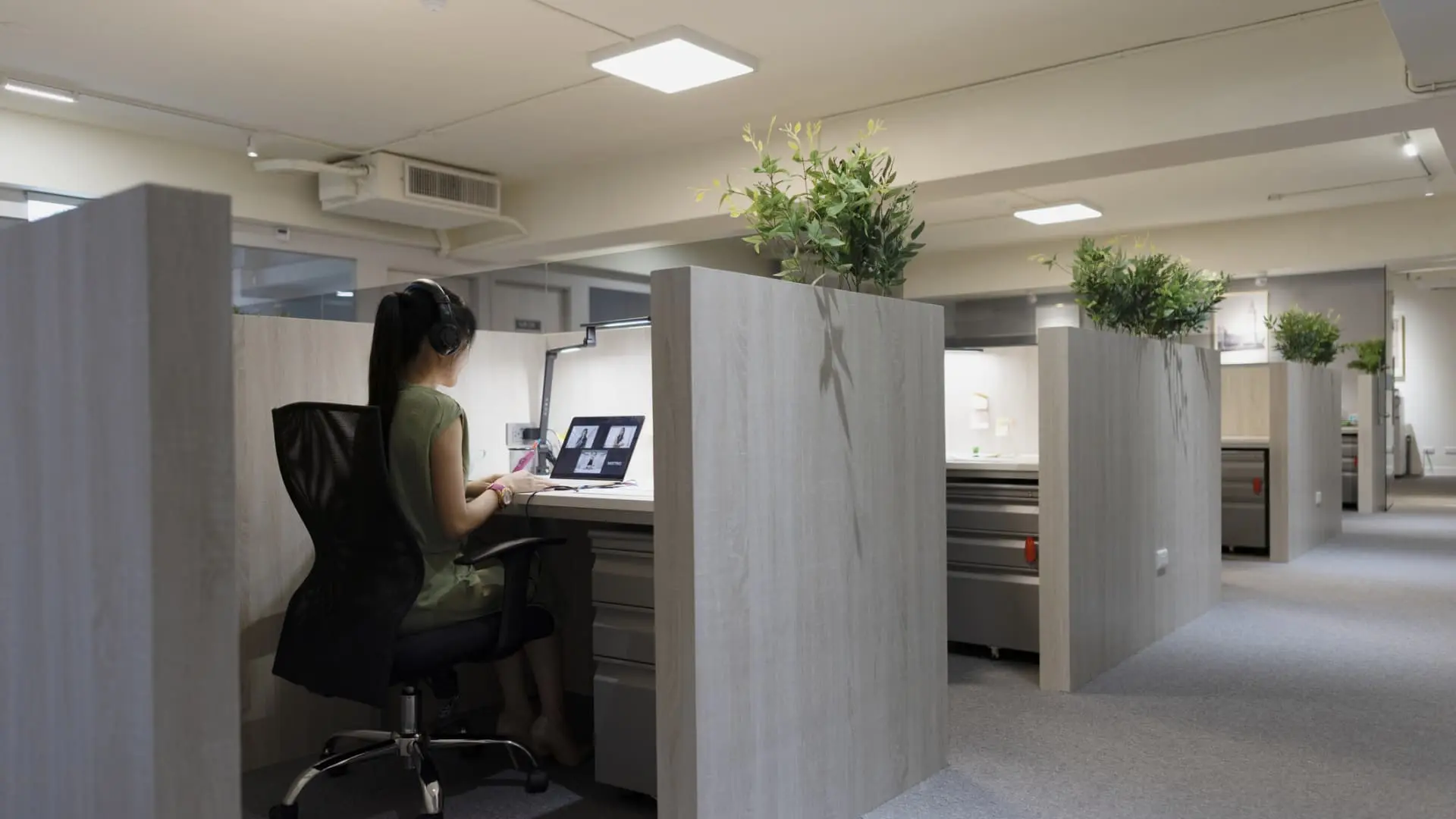My friend works from home he does all his work and in the down time he'll run errands, work out, and play pool at his local bar. Whatever. His work is fully completed and submitted and his performance views are top notch.
I had 2 people like that back when the pandemic started, the only "grown-ups" in the team - married and with children. They were doing some tasks manually but you could tell it's stressing them out because you could see them work until 8-9PM, sometimes even later. And you would constantly hear their kids in the background - probably a difficult adjustment to make at home in the beginning.
So I had to sit them both down and sell them on the idea of automating everything. They liked it (they prefer automating things also), but mostly said they'd never have time for it, because of all the priority stuff they need to work on. So I asked them to work on automating the tasks in-between other, more important ones, and if they were ever getting bothered by management, send them to me and I'd run interference. We came up with a plan, we had milestones for ourselves, the whole thing.
I had to lie in some meetings and claim we were working on what management wanted(and take a lot of shit for being late sometimes, or just flat out saying 'no' to requests, which didn't get me any fans either), but it was worth it in the end. A year and a half later, they were done. Instead of working together until 8PM, they were each working 2h per week by the end. The rest was their time to enjoy, I never asked how they spent it. Along the way, it was even visible how each automated task would clear their schedule even more.
A few months in, they started being really great together and working as a team, completely covering when the other was missing, not needing their hand held with anything... Just awesome to work with them. 4-5 months after we started, they were no longer doing overtime - there was no need to, the tasks which took the longest were now a script. 8-9 months in, you'd have trouble catching them both at work at the same time - they'd cover one for the other, and tasks would still get done. Easy to say to upper mgmt "yeah, they've been doing this intensive activity which usually takes a lot of time" - no questions asked. They would never drop the ball, and in return I'd never bother them about how they got organized, I trusted them completely to deliver on time and take care of the hiccups. Beautiful stuff.
We kept this to ourselves until we left the project (just a few months after we were done), at which point I had them create a presentation for management, showing how they improved the situation (wanted them to show off their achievements, it's not often that we get to do it. And maybe also allow the people taking over to understand why this was so important and to continue using the automated way instead of the manual way). I specifically asked for a page with statistics, cause I wanted to make sure the point got across. They proudly had that slide showing how the workload went from 80-100 man hours per week to 4 man hours per week. Upper management saw it, I could see the guy's eyes light up at this. Unfortunately they never understood how to use it and how to apply it to future teams. I checked back this year, they're using the manual way. Their loss.
Probably one of the best duos I've ever had the pleasure to work with. People with full lives and responsibilities, who got their work done, were reliable, were self-organizing, and the only thing they needed were some guidance and some backup when they were being pressured to finish some random donut's idea of "important tasks", and in return I could always sleep easy knowing that I don't need to worry about anything if it's in their responsibility, cause they will get it done. I appreciated them while working with them, and even more since not working with them.

